– I'm also impatient and mad about the inflation, just like everyone else. This is a by-product of European politics, first of all the war. If the war came to an end, the economic situation would improve immediately, PM Orban told Hungary's public Kossuth radio on Friday morning. He said that speculators are winning, while countries are losing on the war.
All of Europe is suffering from Brussels' response to the war,
– he added.
The prime minister also indicated that we cannot exempt ourselves from the effects of war, not even if we wanted to. – We cannot expect that a fairy waving a magic wand will terminate the war, unless of course US President Joe Biden turns into a fairy. If he wanted to, he could end the war," Mr Orban pointed out.
Transit fare hikes cost HUF 48 billion
He said he believed that the current measures would be enough to bring inflation below ten percent by the end of this year. There is truth in the Hungarian Competition Authority's (GVH) finding that large multinational chains are swift to take advantage of any opportunity to raise prices, which plays a key role in shaping inflation, Mr Orban said. We must pay heed to what the world is doing., For instance, some countries have reintroduced their price caps on petrol, he added.
He said he had some rather strong thoughts about Ukraine having raised the transit fees.
According to PM Orban, Hungary is forced to import fuel at three and a half times its normal price, which means an extra HUF 48 billion. This will push up the price of petrol and increase inflation by a half percent, he said. However, we will do our utmost to ensure that this policy of raising the tariffs for using the pipeline to the sky, thereby putting Hungarian families in a difficult situation, is not continued," he said.
Hungary has the lowest electricity and gas prices
– If anything should lead to growing numbers in the peace camp, it's not the discretion of the US, but rather the pressure put on individual governments by their own electorate, PM Orban said. He indicated that there are indeed pro-war governments, adding, however, that the people are pro-peace.
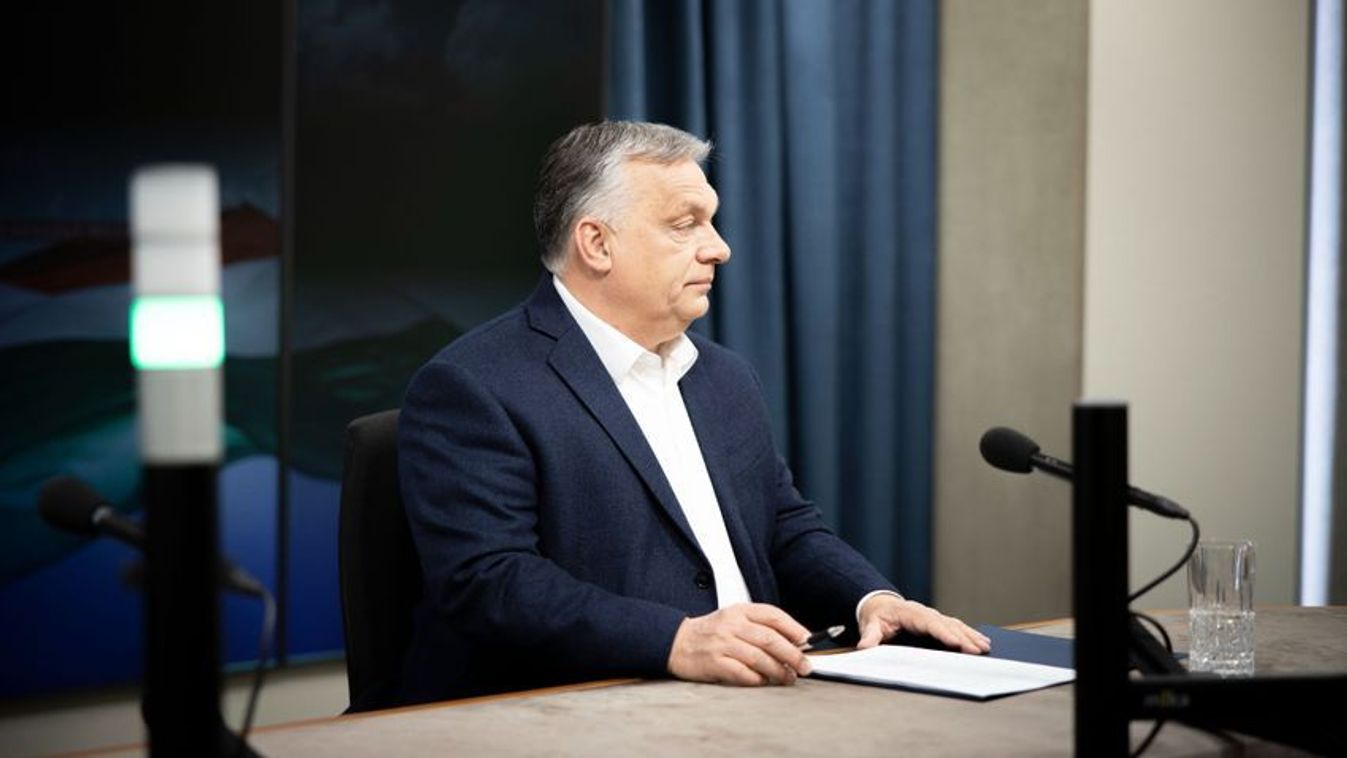
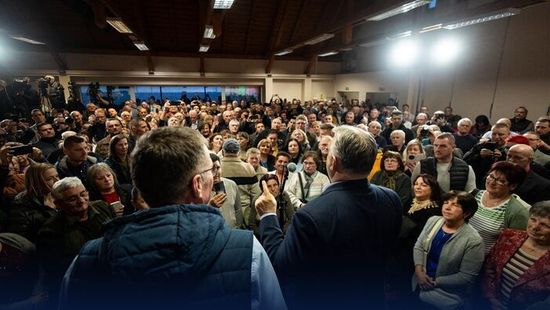
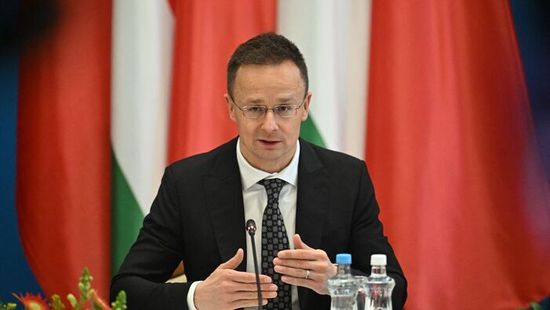
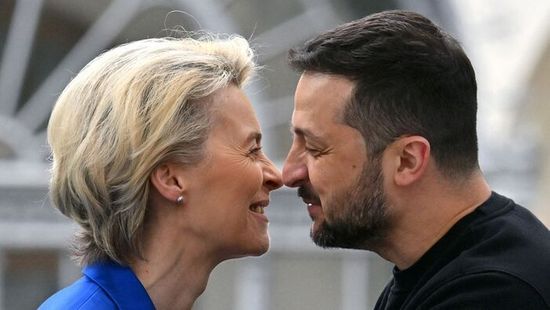
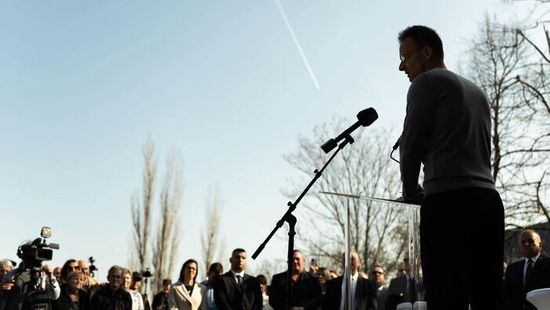


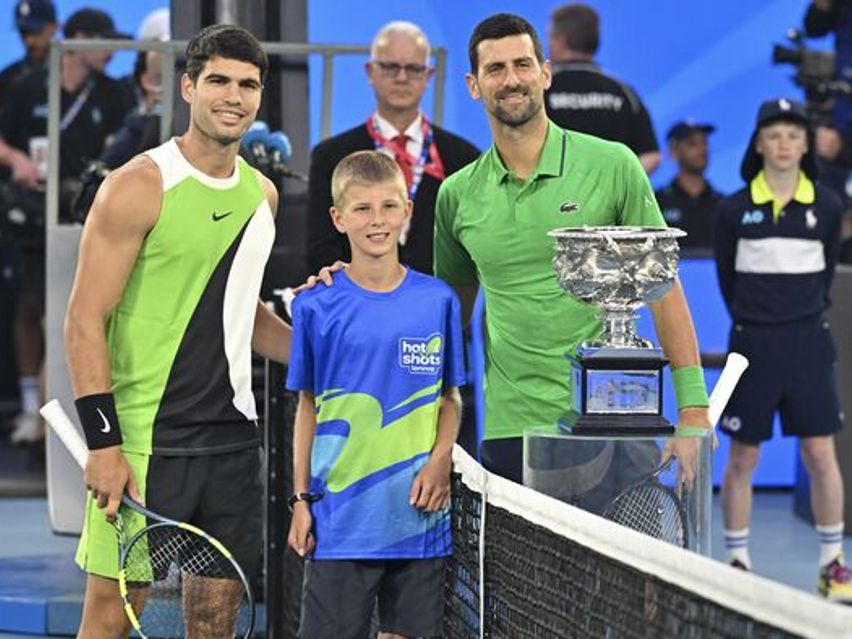
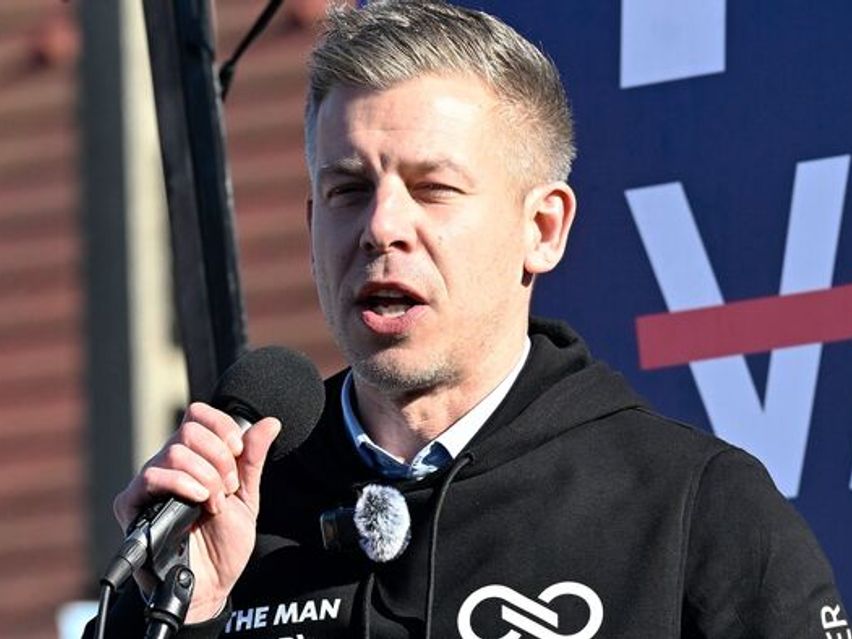
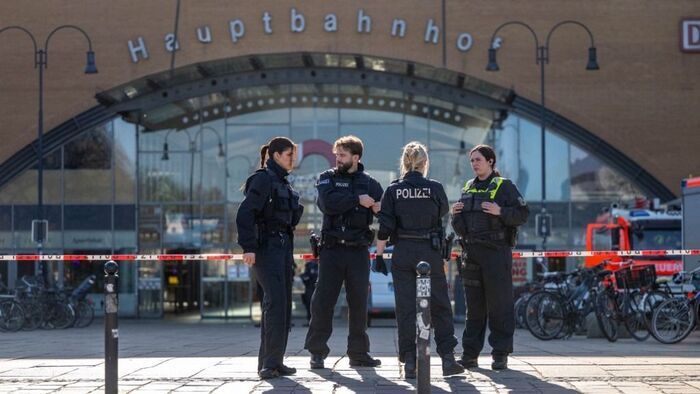

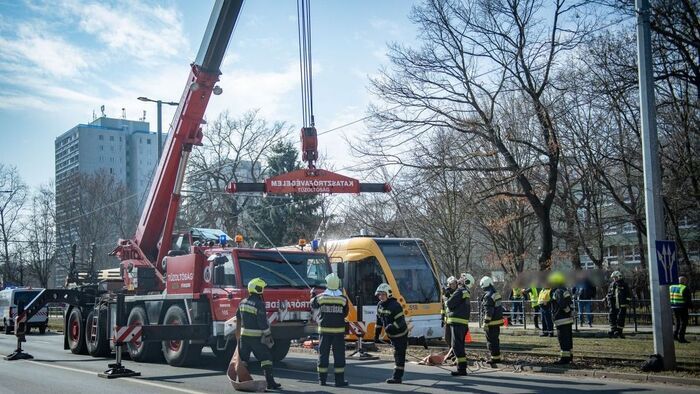

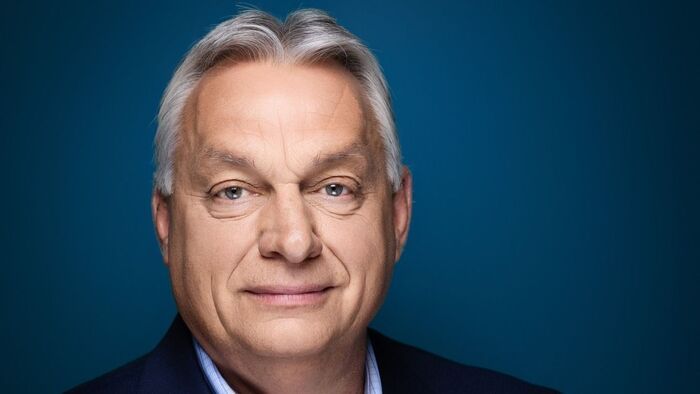

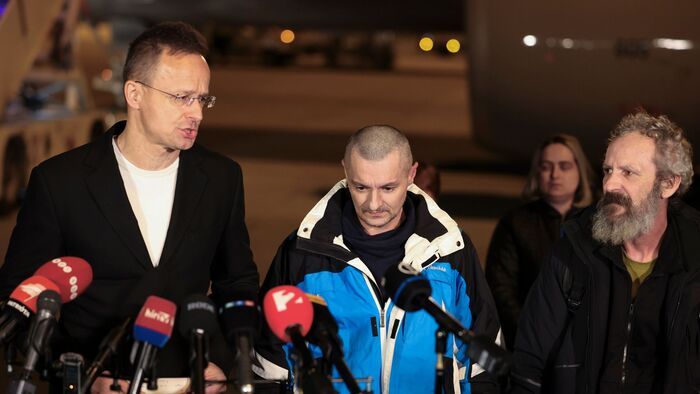
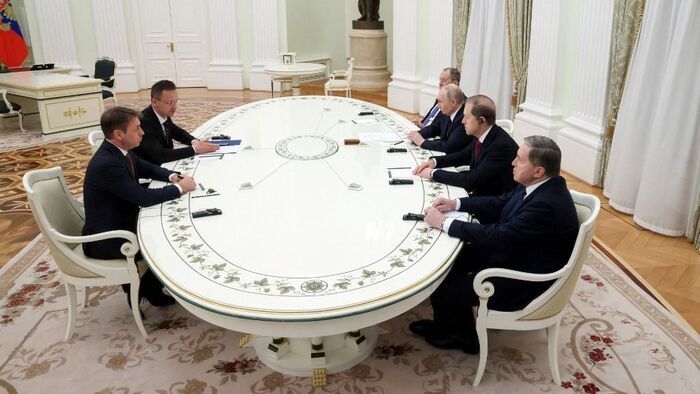


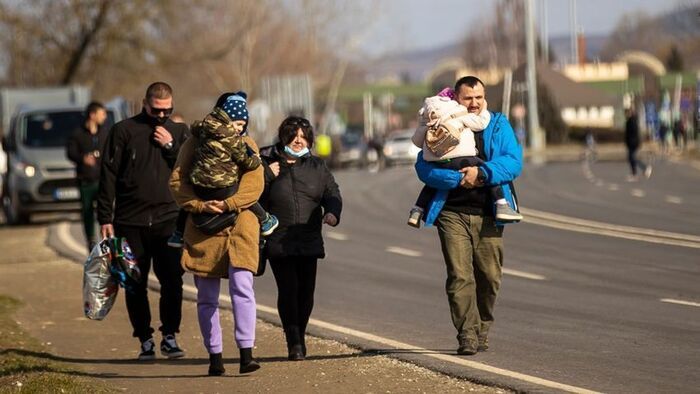
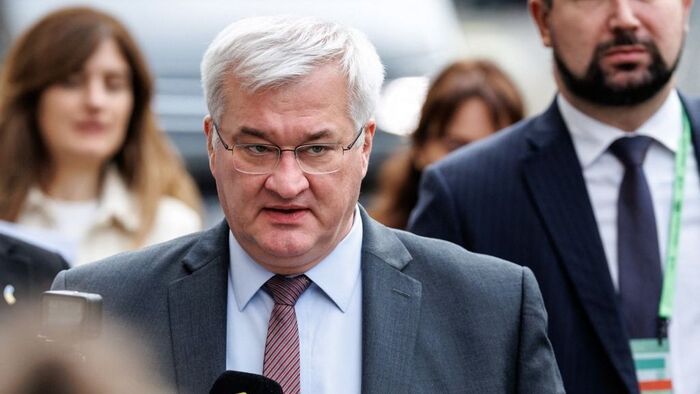
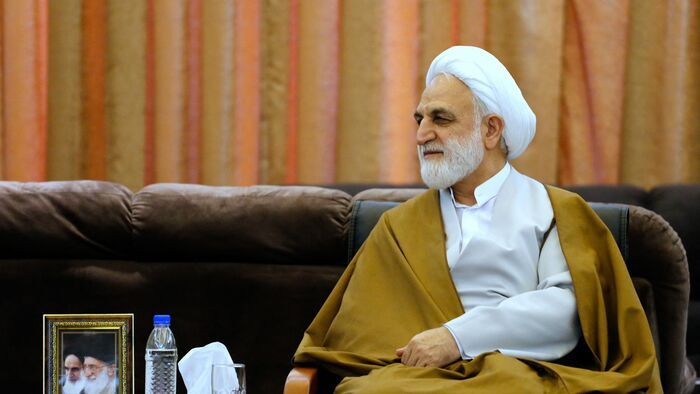

Szóljon hozzá!
Jelenleg csak a hozzászólások egy kis részét látja. Hozzászóláshoz és a további kommentek megtekintéséhez lépjen be, vagy regisztráljon!